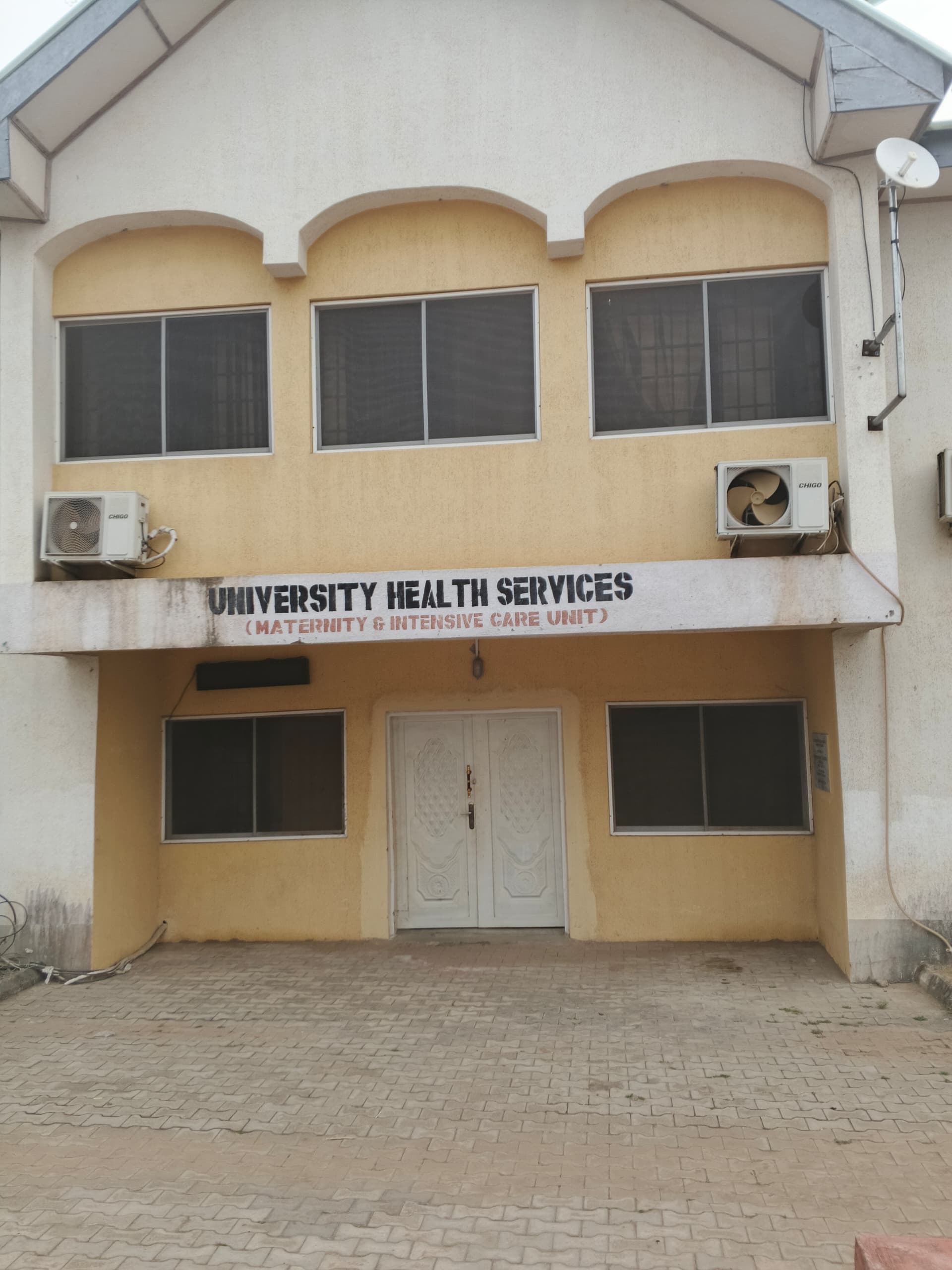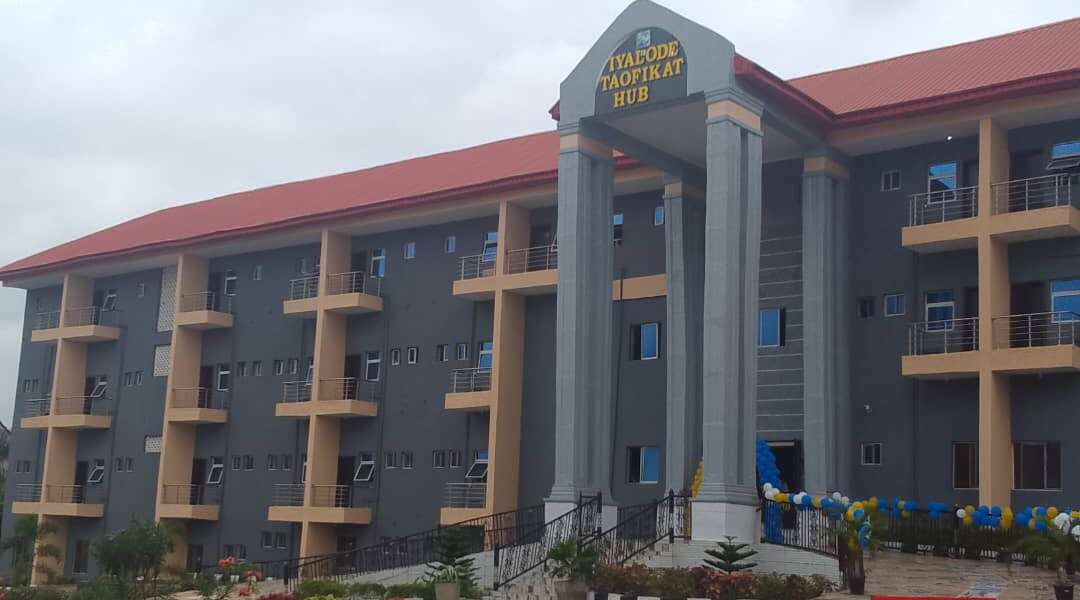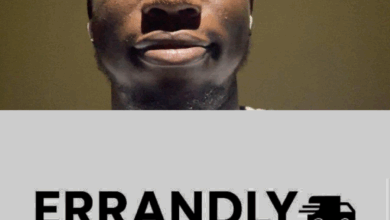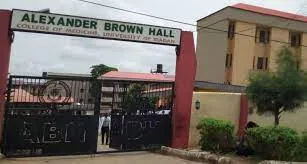Voices from the Lab: UIMSAites Share Their Journey in Research (Part 1)

All too often, the experiences of student researchers at the University of Ibadan’s College of Medicine are viewed through the narrow lens of their academic achievements. Images of students hunched over microscopes, buried in textbooks, or presenting at conferences dominate the narrative.
However, this view misses and overlooks the months of personal growth, collaboration, and resilience that define their journey. The friendships forged in the lab, the mentorship from faculty, and the balance between rigorous research and personal life are equally significant. This article will delve into the multifaceted experiences of student researchers, highlighting their backgrounds, motivations, challenges they have faced, and some of the opportunities they have gotten,
Background and Motivation.
For David Akoki, a member of the 2k21 class, his research journey began in 2019 when he joined the University of Ibadan Medical Students’ Association (UIMSA) committee on curriculum assessment, research and development(COM/CARD). Tasked with data collection, David was drawn into the world of research, discovering a passion for uncovering new knowledge and contributing to the academic community.
On the other hand, Victor Femi-Lawal’s entry into research could not have been more straightforward. He first took a research course in 2019, which piqued his interest. In 2021, Victor, a member of the 2k23 class, joined the Federation of African Medical Students’ Associations Standing Committee on Medical Education and Research (FAMSA-SCOMER) and worked on a project with some people, which unfortunately did not get published.
However, he did not give up, as it wasn’t until 2022, when he participated in an online research boot camp, that he truly immersed himself in the research process. This boot camp, named Vertex Research Hub, was organised by Progress Agboola, Gabriel Oke and some others. The boot camp gave him the skills and confidence to pursue his research interests more seriously. He said, “It was a practical boot camp, and we got to work on a project. And that gave me experience in taking a project from concept to finish.” Following that project, he applied for two fellowships: the Association of Future African Cardiothoracic Surgeons and Polygeia Cambridge. And he got into the two of them.
But what inspired them to stay on this path? For Victor Femi-Lawal, it was a mixture of career goals and interests. “Throughout med school, I was fascinated by the idea of basic science research and just really investigating the causes of various diseases,” He said. He also explained that he realised that research was very effective in medical practice. He was also inspired by the opportunities he could take advantage of in the field of research: Residency application and mentorship opportunities, a sentiment shared by David Akoki, who joined the 2019 COM/CARD team because “The phenomenal Folajimi Adesanya was leading the team and it was an opportunity to work with him a bit more closely, so I joined.” He said.
Research Experience.
There’s a popular proverb: “The sweetest fruit is the one that grows from the seeds of hard work.” This proverb emphasises the value of perseverance and effort. It suggests that the rewards achieved through diligence and persistence are incredibly gratifying. In the field of research, this proverb rings especially true. The discovery process is often long and arduous, filled with trials and errors. Yet, it is the dedication and unwavering commitment of researchers that eventually lead to breakthroughs and innovations. No matter how small, each finding can be a sweet fruit borne from the seeds of their hard work, contributing to the vast orchard of human knowledge.
In David’s case, this fruit was the immense lesson he had learned in his journey. “I have learnt that research is always a team effort, and I have been part of projects that were presented at conferences and won a grant.” To add to this statement, he also explained that the most rewarding so far has been the opportunity to understand the basic principles of how knowledge comes to be. That is humbling and exciting, deepening his appreciation of science. According to him, that has been the most rewarding part of his journey.
Victor also says he has been heavily rewarded on this journey, with the first example he gave being the opportunity to work with people from other countries. He worked with people in other African countries from his first research project, and even after joining Polygeia Cambridge, getting to work with a PhD candidate from the Gordon Institute in Cambridge. He also got opportunities to train with these people.
His publications have also been very rewarding, with him noting, “One of my biggest highlights this year was an abstract of mine being accepted by an International AIDS Conference taking place in Germany this August.” He explained that he would get to present his findings to top scientists.
But out of all these, which stand out? For David, it was the Duke Grant Application. “My friends and I worked hard on the proposal; winning it felt so good.” He stated. On the other hand, it was the abstract he mentioned above for Victor. Honourable mentions include completing the study he was doing for Polygeia. He explained that he and the team had spent many months on it, and they eventually had an excellent presentation and were impressed. Another on this list for him was the first paper he ever published.
Challenges, Mentors and Learning Opportunities
Hurdles are common in pursuing any goal, and research is no exception. Regarding his challenges, David says, “Quality work is hard and it takes time. And that rush of excitement at the start does not last long. Staying motivated is one of the biggest challenges” He also explains that he talks to his friends and team members about how he is feeling, and they encourage one another. There is also the challenge of being restricted to certain studies due to the resources available, but he adds that faculty members have been beneficial regarding this.
While Victor agrees with David on the limited opportunities available to them, he gets into more specifics about his challenges. The first he listed was that getting started wasn’t easy for him. He explained that in this part of the world, most people thought that research was for professors and experienced people. He then contrasted medical students abroad who do a lot of research with us here.
He also mentioned a need for more mentorship and supervision. Still, he added that he learnt to take the opportunities he saw in the form of senior colleagues, programs organised by standing committees on research, and virtual fellowships that enabled him to gain hands-on experience in the field of study. As per supervision, he said: “As time goes on, you learn to meet some friendly supervisors that could take you under their wing or at least supervise or provide advice.” He added that not all of them would be willing to do that, but some would.
To conclude this first instalment of a two-part series, these student researchers from UIMSA have provided invaluable insights into academic research. Their experiences demonstrate the value of hard effort, learning, and teamwork. As we prepare for the next chapter, their experiences continue to inspire and affect the future of medical research.
Moboluwarin Ogunleye




